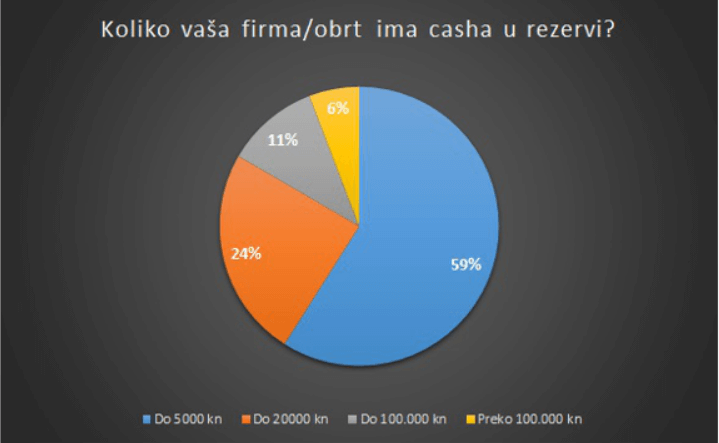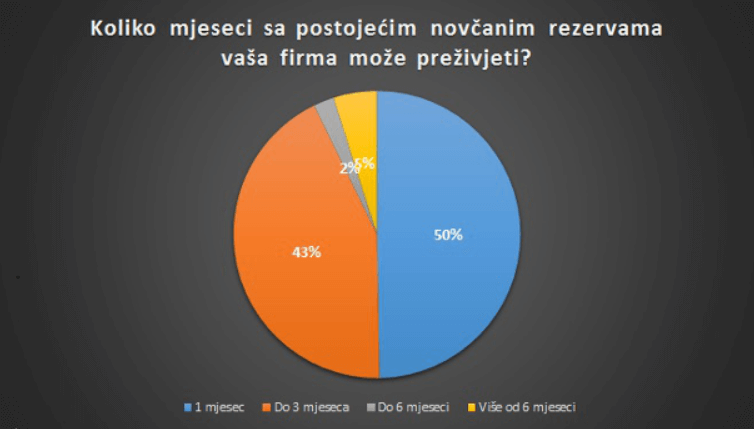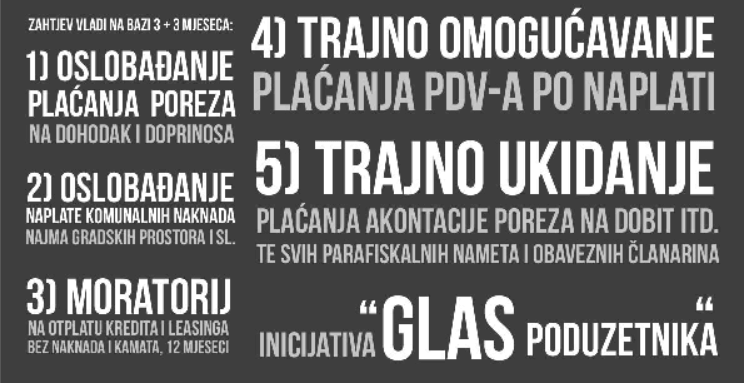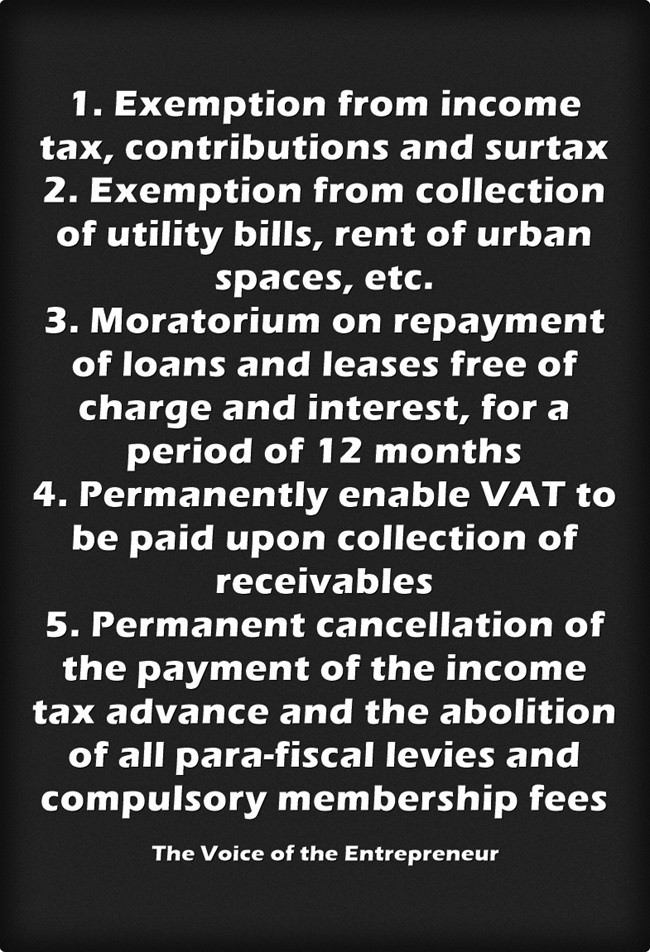Or: How to save as many companies and employees. Meet Glas Poduzetnika (Voice of the Entrepreneur), a new private-sector initiative in Croatia.
March 21, 2020 - In the second half of March 2020, the coronavirus outbreak and its economic repercussions are on the rise and going truly global. From the health perspective, Croatia is comparatively well, with currently just 130 reported infected patients. On the other hand, chaos and fear, flavoured with uncertainty are also on the rise in business circles and between employers and employees. In the last few days, hundreds of employees have already been fired, and companies are preparing for the worst-case scenario, of losing 80 or 90% of their revenues, and trying to create some crisis management plans. And we are only at the beginning. The real problem is that nobody can say with certainty how long this crisis will last, and especially how long will we suffer the consequences. Will It be up to 2 months, and there is still some time for the tourist season, or it will be 6 or more months just to get rid of COVID-19? Some projections that are considered moderate, are mentioning 18 months of “economic contraction”. For Croatia, as a country significantly depending on tourism, the situation is far from good.
So, what happened in the last day or two? After the government published their extensive list of 63 measures, many entrepreneurial voices started to respond and to criticise the list. It seems that in comparison to other countries, they are not fast enough, clear enough, or efficient enough. They seem like politicians did something to save their jobs and explain their purpose, and not really to make things better for the economy.
A new initiative has been created by a group of 20 – 30 entrepreneurs (Hrvoje Bujas, Drazen Orescanin, Berislav Marszalek, Kristina Ercegovic, Ivana Matic, Bruno Samardzic etc.) and it got a name – The Voice of the Entrepreneur (Glas Poduzetnika). In less than 24 hours it gathered a few thousand entrepreneurs on Facebook, and is closing now on 10 000 members, a number that makes it a significant social voice. The number of stories shared in the group was amazing and at the same time depressing. There is really no time to waste and no sense to underestimate the situation and its consequences.

The initiative was spontaneously created also as a response to the perception that the Croatian Government still doesn’t have the awareness that the private sector is feeding the public sector, and that if it goes down, country institutions will also not be able to function. In the call for solidarity, the Government is still not ready to reduce the working privileges of the public sector employees, their traditional voters, but to leave the burden of the crisis to the private sector alone. If some measures are just postponing some payments, and not cancelling them entirely for this period of time, it will be almost completely useless, and miss the intended positive impact on the economy.
On the other side, it is still visible that entrepreneurs are victims of the strong stereotypes about them. They are, in some parts of the society, still perceived as disproportionally rich, selfish and self-centered people who are just hoarding the money and don’t want to show solidarity with their workers and help them in this obvious time of need.
To fact check those comments, 2 surveys were organized which received hundreds of responses in a few hours. I think it will give a much clearer picture to the general population about the real situation of the Croatian entrepreneurial community.
The first question was:
How much cash do you have saved in reserve?
This should give a direct answer to the assumption of big piles of money in the hands of the entrepreneurs. And here are the results in Pie Chart 1.

Almost 60% !! of entrepreneurs have financial reserves that are not higher than 5000 kn (some of them stated 1000 kn or even 0). That amount is insignificant for any kind of planning or decisions. The next 24 % has up to 20 000 kn in reserve which makes them able to pay their obligations and salary maybe for this month. The next 11% has up to 100 000 kn, and only 6 % has more than 100 000 kn. And it should be noted that this information is missing the obviously critical facts about the size and fixed costs of the company, which can make savings in millions disappear “overnight”.
The second question was about how much time they can survive AFTER they do some adaptations and cost-cutting? if this situation doesn’t get better significantly. And the answers are very aligned with the results from the first question:

50% of entrepreneurs can survive only ONE month, after that they will just close. The next 43% will be able to survive up to 3 months – so basically the period of time that is predicted as a best and unrealistic case scenario. Only 5% of companies can survive longer than 6 months. Those facts should be seriously considered when making any state-induced measures.
The second interesting piece of the information would be to cross-reference local measures with the measures of other EU countries. And some documents are already being created.
To sum up, as many world leaders stated, this is the worst crisis since World War 2. Decisions made today should be wise and based on facts and with the overview of the whole picture. We will know in a very short period of time if those decisions are good or bad, but the consequences will be felt most probably for years. So let us all unite our experience and skills and make the best of this situation.
And to end with a quote and a song:
The revolution will not be televised, The revolution will be live
Below a draft of the measures proposed by the Voice of the Entrepreneur:


Aco Momcilovic
Member of The Voice of the Entrepreneur Group (Visit the Glas Poduzetnika Facebook page here)
Owner of FutureHR
You can connect with Aco Momcilovic via LinkedIn.


